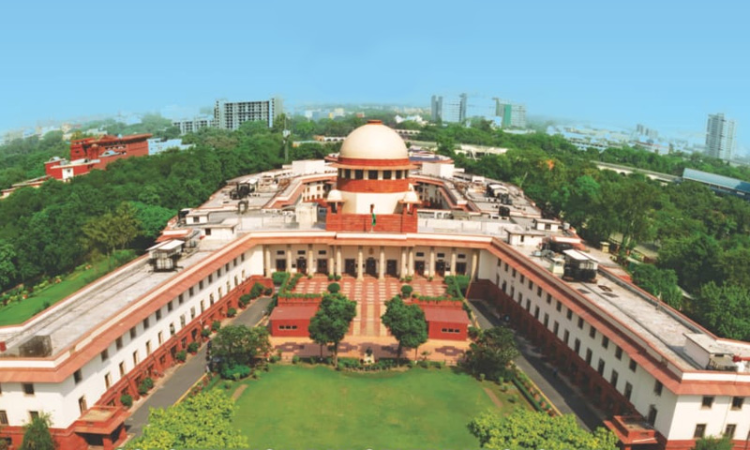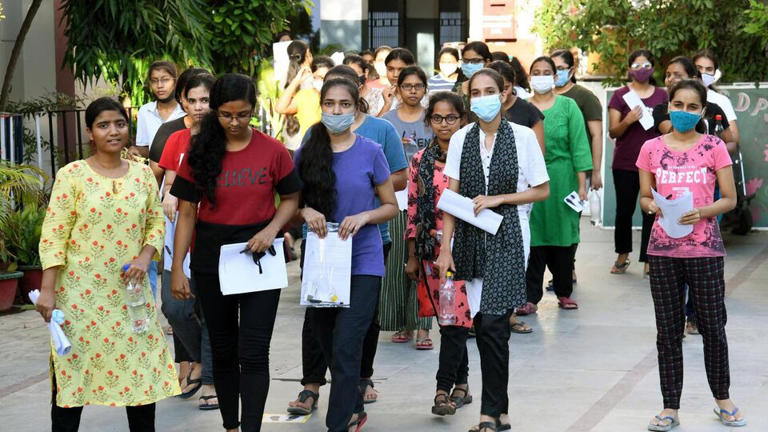The Supreme Court on Sunday said the time when it would decide on commercially releasing a genetically modified (GM) product in India would be best for the country. The Center had sown GM mustard crop – DMH-11 last year at eight targeted locations of the Indian Council of Agricultural Research (ICAR).
The logic of GM company products is that these crops can help improve food security, increasing range support and saving the environment. Fake argues that these crops can be disastrous for human health and the environment. The Supreme Court said it would decide the issue broadly and not limit it to GM mustard.
The court asked the Center whether it was taking action as per the report of the court-appointed Technical Expert Committee (TEC), which in its June 2013 report had advised against the open release of Zee Idea. The Center tried to point out flaws in the TEC report, but the Court said it did not want to argue with it as it was not a scientist.

The companies stated that they were not opposed to the release of GM to the community, but that its “environmental release poses hazards to human and animal health”, in addition to resulting potential damage. Soil and Environment. The court said it is working to promote organic farming, but it is expensive and not available to all farmers.
The logic of GM company products is that these crops can help improve food security, increase range support and save the environment. They say GM crops are more restrictive towards bakeries and builders, allowing farmers to reduce their use of markets and markets. This helps the environment.
GM environmental advocates argue that these crops can be harmful to human health. They say that GM genes present in the ocean can enter the food chain and harm human health. They are also concerned that the use of GM seafood could lead to the development of resistance in kitchens and warehouses, making it difficult for artisans and warehouses to control.




